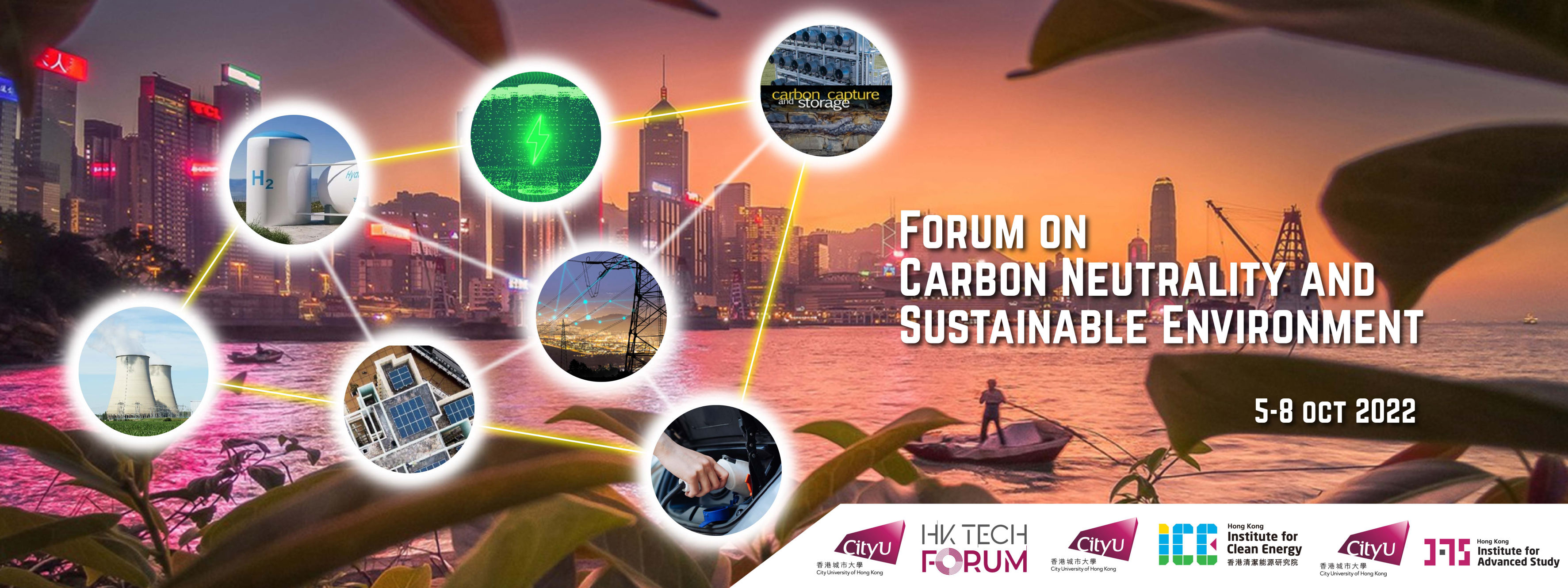Keynote Speaker
Biography
Jacopo Buongiorno is the TEPCO Professor of Nuclear Science and Engineering at the Massachusetts Institute of Technology (MIT), and the Director of Science and Technology of the MIT Nuclear Reactor Laboratory. He teaches a variety of undergraduate and graduate courses in thermo-fluids engineering and nuclear reactor engineering. Jacopo has published 90 journal articles in the areas of reactor safety and design, two-phase flow and heat transfer, and nanofluid technology. For his research work and his teaching at MIT he won several awards, among which the ANS Outstanding Teacher Award (2019), the MIT MacVicar Faculty Fellowship (2014), the ANS Landis Young Member Engineering Achievement Award (2011), the ASME Heat Transfer Best Paper Award (2008), and the ANS Mark Mills Award (2001). Jacopo is the Director of the Center for Advanced Nuclear Energy Systems (CANES). In 2016-2018 he led the MIT study on the Future of Nuclear Energy in a Carbon-Constrained World. Jacopo is a consultant for the nuclear industry in the area of reactor thermal-hydraulics, and a member of the Accrediting Board of the National Academy of Nuclear Training. He is also a member of the Secretary of Energy Advisory Board (SEAB) Space Working Group, a Fellow of the American Nuclear Society (including service on its Special Committee on Fukushima in 2011-2012), a member of the American Society of Mechanical Engineers, past member of the Naval Studies Board (2017-2019), and a participant in the Defense Science Study Group (2014-2015).
Nuclear Batteries: a New Way in Energy
Jacopo BUONGIORNO
Abstract
In the 21st century humanity faces three formidable and intertwined challenges: (i) climate change, (ii) geopolitical instability, and (iii) economic and social inequality. There is one tool that is key to the resolution of all three challenges: energy! The availability of plentiful, clean, reliable and affordable energy will power climate change mitigation and adaptation efforts, will reduce competition for natural resources among the nations, and will drive new and beneficial economic activities on a global scale.
In the US there is growing bipartisan support among policymakers and energy regulators for nuclear energy to play a substantial role in addressing these challenges, in particular decarbonizing and strengthening the global energy system. There is also recognition that the traditional nuclear deployment model based on field construction of large GW-scale reactors, taking over a decade to license and build, requiring multi-billion dollar investments, and ultimately selling commodity electrons on the grid, is no longer economically sustainable. As such, considerable interest is now being placed on smaller reactors that can be deployed at a fraction of the cost and time, and can serve a variety of users beyond the electric grid. The window of opportunity for new nuclear is real but narrow, i.e., if economically viable nuclear technologies are not commercialized before the end of the decade, it is unlikely that they will be relevant to addressing the aforementioned challenges.
In this presentation I will introduce the concept of the Nuclear Battery, i.e., a standardized, factory-fabricated, road transportable, plug-and-play micro-reactor. Nuclear Batteries have the potential to provide on-demand, carbon-free, economic, resilient and safe energy for distributed heat and electricity applications in every sector of the economy. Particular attention will be given to the Nuclear Battery economic potential, which stems from bypassing the need for costly and fragile energy transmission and storage infrastructure typical of clean-energy alternatives.

